Veganism –
“……the next step in vegetarian practice……”
Here we share some items in our Ernest Bell Library which date from during, & just after, WW1 & we add links to some of our favourite information sources.
This was a period when many people in the UK were already vegan & the merits of veganism were being actively debated in vegetarian literature; ……..even though the word ‘vegan’ itself had not yet been coined. Dorothy & Donald Watson thought up the word ‘vegan’ in 1944.
Our motivation: –
-
the history of veganism interests us deeply.
-
we believe that these ground-breaking pioneers deserve to be known & remembered today.
-
we appreciate the art.
-
we love the quality of the writing & research.
-
much of the material can be reused in 2015 & beyond.
-
the belief that we ‘date from the hippie era’ is widespread – the oldest ‘vegan’ items in The Ernest Bell Library are from the 1830s.
-
we are ‘history geeks’.



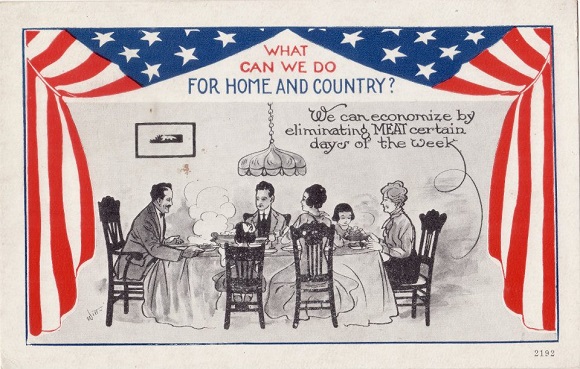

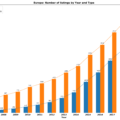
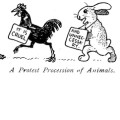
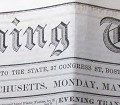
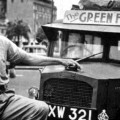
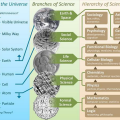
No Comments